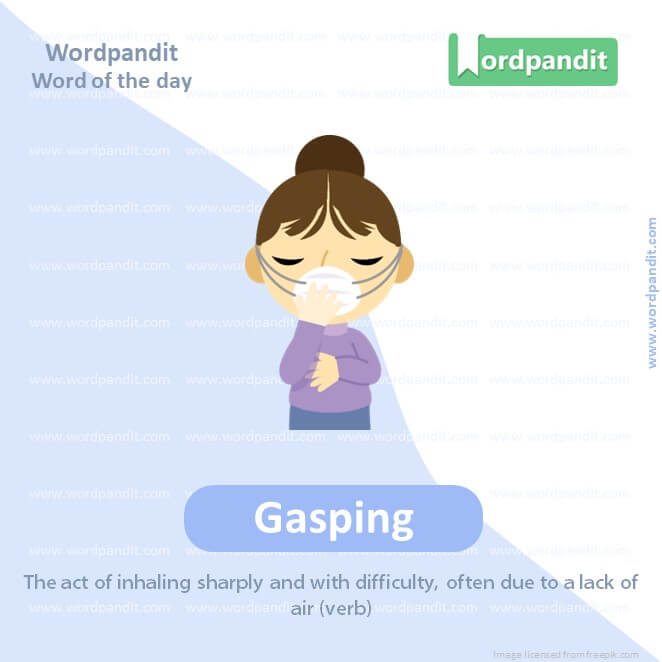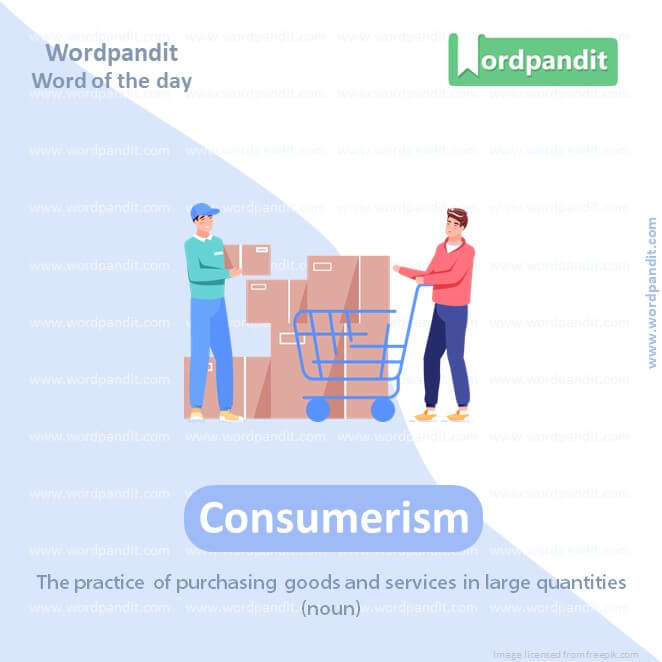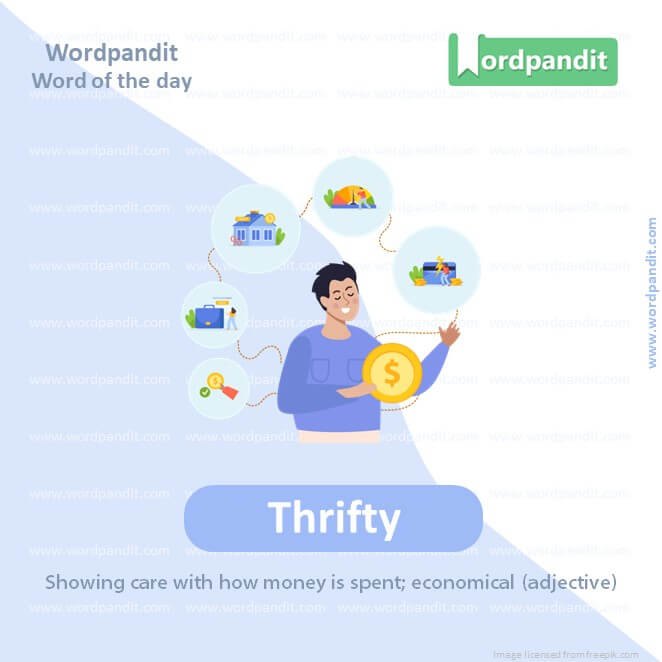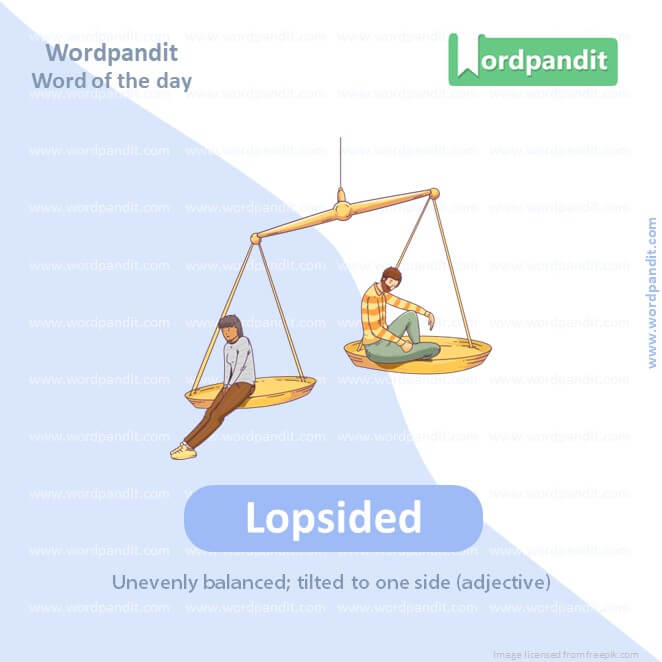Daily Vocabulary Words: List of Daily Used Words
Hi there. Welcome to this special section @ Wordpandit.
Our endeavour here is straightforward: highlighting important daily vocabulary words, you would encounter in The Hindu. This is your repository of commonly used words; essentially, we are posting a list of daily used words. Hence, this has significant practical application as it teaches you words that are commonly used in a leading publication such as The Hindu.
Visit the website daily to learn words from The Hindu.

WORD-1: Gasping
CONTEXT: God’s most wonderful gift to all species on earth is breath. In today’s times, we are gasping for breath. It has become a luxury. Pollution is a great war that mankind is fighting.
SOURCE: The Hindu
EXPLANATORY PARAGRAPH: Gasping is when you take quick, short breaths because you need air, like when you run fast and feel like you can’t breathe enough.
MEANING: The act of inhaling sharply and with difficulty, often due to a lack of air (verb).
PRONUNCIATION: gasp-ing
SYNONYMS: Panting, Huffing, Breathing heavily, Wheezing, Puffing
USAGE EXAMPLES:
1. After running around the playground, Mia was gasping for breath.
2. The fish out of water was gasping.
3. He was gasping in surprise at the amazing magic trick.
4. The athlete was gasping after the long sprint.

WORD-2: Consumerism
CONTEXT: Pollution is not just a burning issue, but it is a lifestyle result. Man has adopted dangerous proportions of needs, wants and consumerism. Now it may sound out of place to say that the consumption habit is at the root of not only pollution but also major ills we are as a global population facing today.
SOURCE: The Hindu
EXPLANATORY PARAGRAPH: Consumerism is buying and using a lot of things, like toys, clothes, and gadgets.
MEANING: The practice of purchasing goods and services in large quantities (noun).
PRONUNCIATION: con-su-mer-ism
SYNONYMS: Materialism, Buying, Shopping, Acquisition, Commercialism
USAGE EXAMPLES:
1. Consumerism is high during the holiday shopping season.
2. Many people criticize consumerism for creating waste.
3. Advertisements often encourage consumerism.
4. The book discusses the impact of consumerism on society.

WORD-3: Wants
CONTEXT: Pollution is not just a burning issue, but it is a lifestyle result. Man has adopted dangerous proportions of needs, wants and consumerism. Now it may sound out of place to say that the consumption habit is at the root of not only pollution but also major ills we are as a global population facing today.
SOURCE: The Hindu
EXPLANATORY PARAGRAPH: Wants are things you would like to have but don’t really need, like toys or ice cream.
MEANING: Desires or wishes for things, not essential for survival (noun).
PRONUNCIATION: wawnts
SYNONYMS: Desires, Wishes, Cravings, Longings, Yearnings
USAGE EXAMPLES:
1. Her wants included a new bicycle and a puppy.
2. Children often have many wants.
3. He listed his wants on a piece of paper.
4. Balancing wants and needs can be challenging.

WORD-4: Thrifty
CONTEXT: Man was thrifty even a few decades ago, leading a much simpler and economical life. Strangely, improvement in certain economic indices led to an increase in pollution. The lifestyle preferences, food habits and increased demands by employers can be rightly held responsible for the evils today.
SOURCE: The Hindu
EXPLANATORY PARAGRAPH: Being thrifty means you are careful about spending money and don’t waste it.
MEANING: Showing care with how money is spent; economical (adjective).
PRONUNCIATION: thrift-ee
SYNONYMS: Economical, Frugal, Prudent, Sparing, Budget-conscious
USAGE EXAMPLES:
1. She was thrifty and saved her pocket money.
2. Buying second-hand clothes is a thrifty way to shop.
3. His thrifty habits helped him save a lot of money.
4. The thrifty family planned their meals to avoid waste.

WORD-5: Lopsided
CONTEXT: Densely populated crowds everywhere, with large buildings, very little greenery, and lives are being lived in most dangerous places. Survival and existence are a true challenge. The population spread is too lopsided and far from being even. We have made our lives miserable.
SOURCE: The Hindu
EXPLANATORY PARAGRAPH: Lopsided means something is uneven or heavier on one side, like a cake that didn’t bake evenly.
MEANING: Unevenly balanced; tilted to one side (adjective).
PRONUNCIATION: lop-syd-ed
SYNONYMS: Uneven, Asymmetrical, Unbalanced, Skewed, Crooked
USAGE EXAMPLES:
1. The lopsided cake was still delicious.
2. His smile was charmingly lopsided.
3. The lopsided distribution of resources was a problem.
4. She wore a hat at a lopsided angle.
WORD-6: Miserable
CONTEXT: Densely populated crowds everywhere, with large buildings, very little greenery, and lives are being lived in most dangerous places. Survival and existence are a true challenge. The population spread is too lopsided and far from being even. We have made our lives miserable.
SOURCE: The Hindu
EXPLANATORY PARAGRAPH: Miserable is feeling very unhappy or uncomfortable, like when you can’t play outside because it’s raining.
MEANING: Extremely unhappy or uncomfortable (adjective).
PRONUNCIATION: mi-ze-ra-ble
SYNONYMS: Unhappy, Wretched, Gloomy, Sorrowful, Depressed
USAGE EXAMPLES:
1. He felt miserable after losing his favorite toy.
2. The cold, rainy weather made the day miserable.
3. She had a miserable time at the party.
4. The miserable conditions in the camp were concerning.
WORD-7: Saplings
CONTEXT: Trees are felled mercilessly, the need for wood and widening spaces are given priority over fresh breath of air. Planting saplings after felling of huge trees is a cruel joke, the intervening period between felling of trees and the time for plants to grow into huge trees can be described as seriously dangerous times.
SOURCE: The Hindu
EXPLANATORY PARAGRAPH: Saplings are young, small trees that have just started to grow, like the tiny apple tree in the garden.
MEANING: Young trees that are still small and growing (noun).
PRONUNCIATION: sap-lings
SYNONYMS: Seedlings, Young trees, Shoots, Sprouts, Juvenile trees
USAGE EXAMPLES:
1. We planted saplings in the backyard.
2. The forest was full of oak saplings.
3. Each student took home a sapling to plant.
4. Saplings need protection from animals.
WORD-8: Mercilessly
CONTEXT: Trees are felled mercilessly, the need for wood and widening spaces are given priority over fresh breath of air. Planting saplings after felling of huge trees is a cruel joke, the intervening period between felling of trees and the time for plants to grow into huge trees can be described as seriously dangerous times.
SOURCE: The Hindu
EXPLANATORY PARAGRAPH: Mercilessly means doing something without feeling sorry for the other person, like not letting someone win a game on purpose.
MEANING: Done without showing pity or compassion (adverb).
PRONUNCIATION: mer-ci-less-ly
SYNONYMS: Ruthlessly, Harshly, Unrelentingly, Relentlessly, Pitilessly
USAGE EXAMPLES:
1. The sun beat down mercilessly on the hikers.
2. He mercilessly teased his sister.
3. The storm hit the coast mercilessly.
4. Critics mercilessly reviewed the movie.
WORD-9: Intervening
CONTEXT: Trees are felled mercilessly, the need for wood and widening spaces are given priority over fresh breath of air. Planting saplings after felling of huge trees is a cruel joke, the intervening period between felling of trees and the time for plants to grow into huge trees can be described as seriously dangerous times.
SOURCE: The Hindu
EXPLANATORY PARAGRAPH: Intervening means coming in between things, like when a teacher steps in to stop a fight in the playground.
MEANING: Coming or occurring between two events or points in time (adjective); the act of coming between as an influence or intervention (verb).
PRONUNCIATION: in-ter-veen-ing
SYNONYMS: Interposing, Mediating, Interfering, Intruding, Interceding
USAGE EXAMPLES:
1. In the intervening years, the town grew rapidly.
2. She appreciated his intervening in the argument.
3. Many changes have occurred in the intervening decades.
4. The police are intervening in the dispute.
WORD-10: Felling
CONTEXT: Trees are felled mercilessly, the need for wood and widening spaces are given priority over fresh breath of air. Planting saplings after felling of huge trees is a cruel joke, the intervening period between felling of trees and the time for plants to grow into huge trees can be described as seriously dangerous times.
SOURCE: The Hindu
EXPLANATORY PARAGRAPH: Felling is like cutting down trees in the forest to use the wood.
MEANING: The act of cutting down trees (verb).
PRONUNCIATION: fel-ling
SYNONYMS: Chopping down, Cutting down, Hewing, Logging, Axing
USAGE EXAMPLES:
1. The sound of trees felling echoed through the forest.
2. Felling old trees can sometimes be necessary for safety.
3. The lumberjacks were skilled at felling large trees.
4. Felling trees requires proper safety measures.
Vocabulary Words with Meaning
Penetrating the rich tapestry of language, the essence of ‘vocabulary words with meaning’ is a crucial aspect. It’s these seeds of knowledge that bud into fluent conversations and comprehensive understanding. The knack of grasping ‘vocabulary words with meaning’ is pivotal in language learning, but it demands a nuanced approach and strategy.
Learning ‘vocabulary words with meaning’ isn’t about mechanically memorizing heaps of words. It’s about building connections and creating a profound understanding of these words. A promising approach to assimilate ‘vocabulary words with meaning’ involves utilizing a wide range of resources including literature, films, music, and digital content. This immersion provides a broad context and diverse settings for these words, simplifying their comprehension and use.
When you’re focusing on ‘vocabulary words with meaning’, remember to incorporate memory-enhancing techniques into your learning regimen. Tools like flashcards or recall-based applications can aid significantly in long-term retention of these words. Additionally, mnemonic strategies, associating words with distinctive images or stories enhance memory recall and understanding.
The journey of mastering ‘vocabulary words with meaning’ also benefits greatly from practice and application. Engage in conversations using the language, express your thoughts in writing, and try to incorporate newly learned words into your routine. This not only enhances your familiarity with the words but also aids in an intimate understanding of their connotations and denotations.
To sum up, learning ‘vocabulary words with meaning’ is akin to assembling a jigsaw puzzle: it requires patience, strategy, and persistence. But the picture that finally emerges is a beautiful tapestry of language – vivid, articulate, and expressive. So, set your sails toward the voyage of ‘vocabulary words with meaning’, and discover the joy of speaking and understanding a language with finesse.













